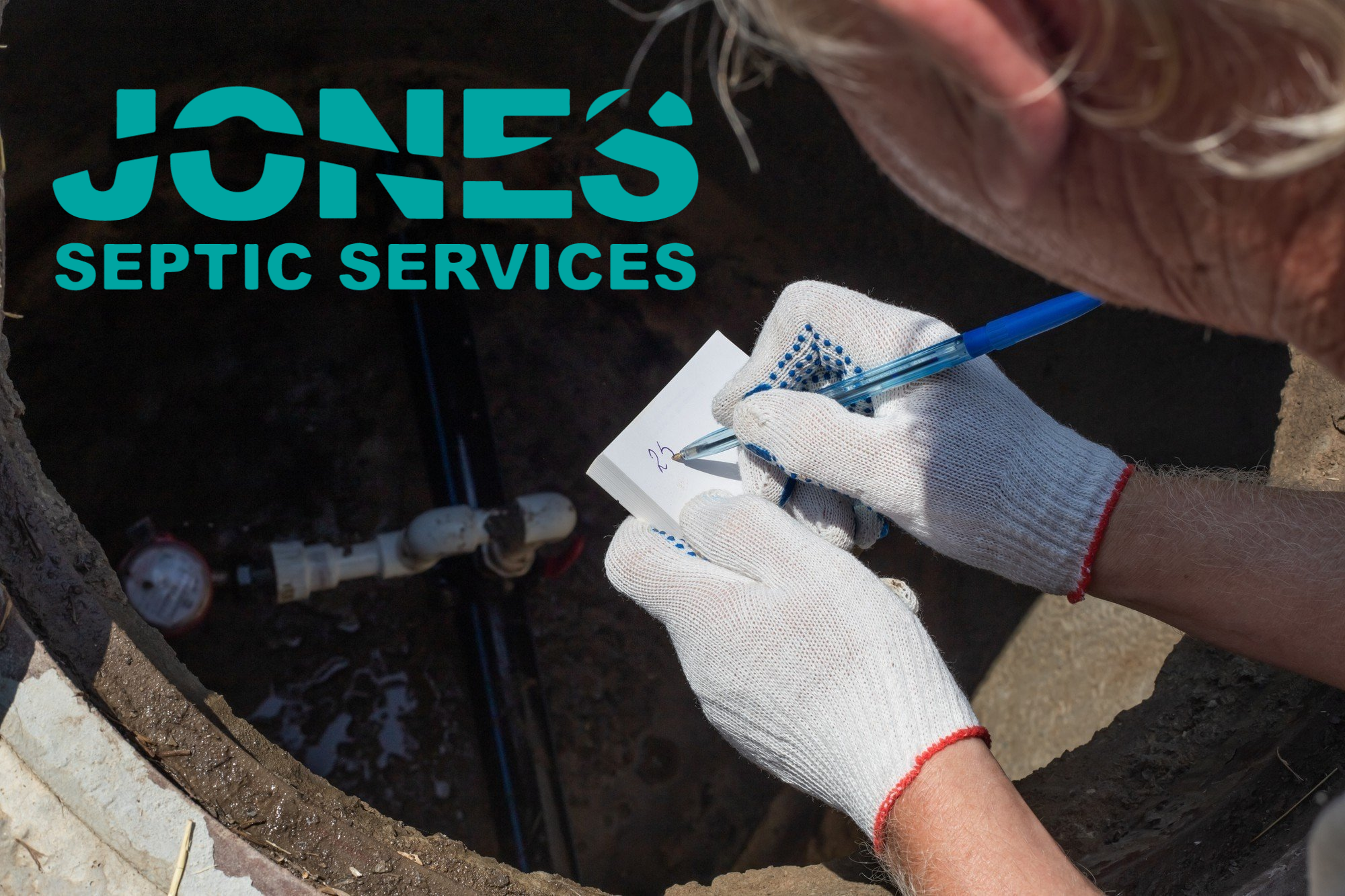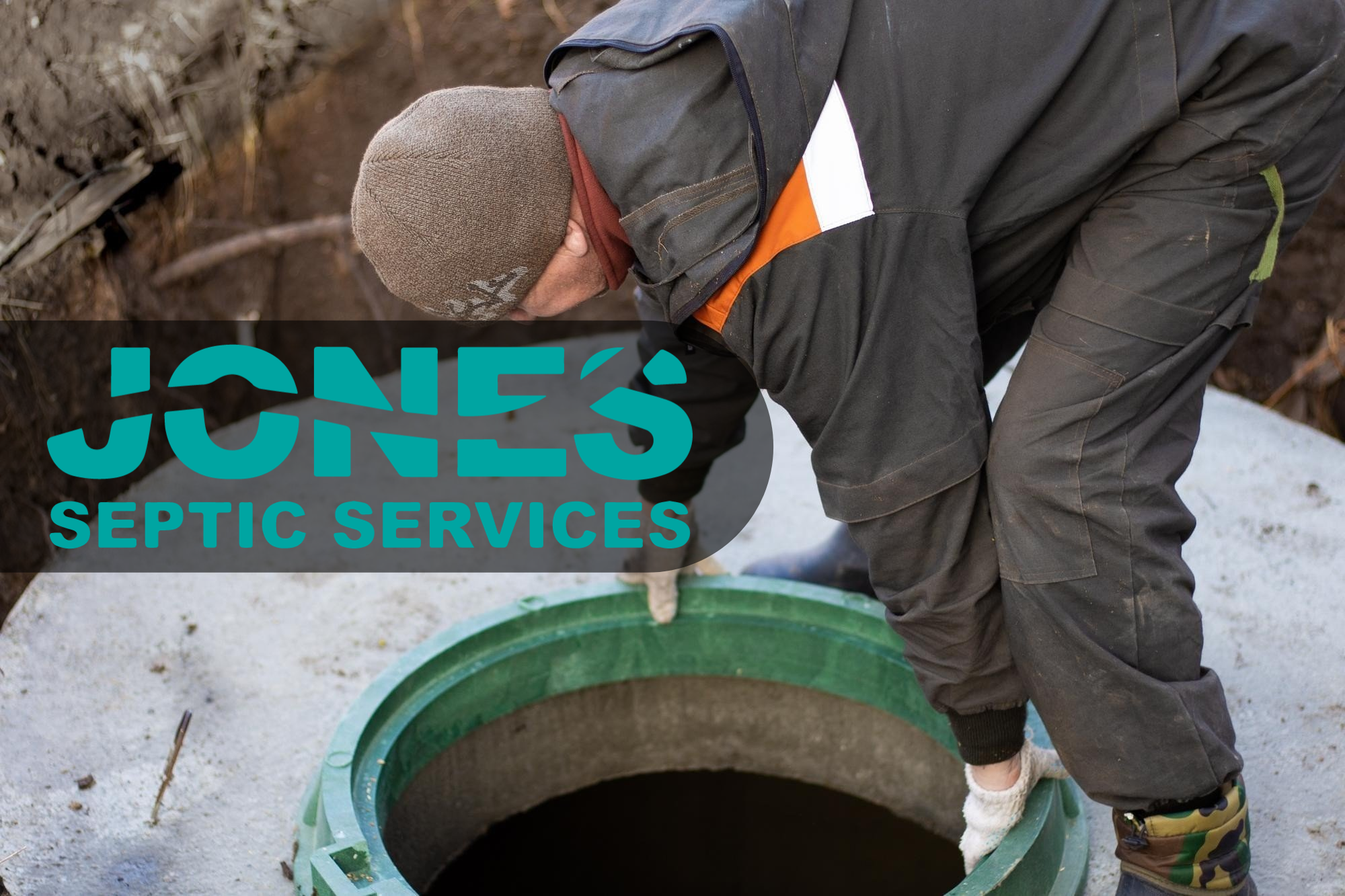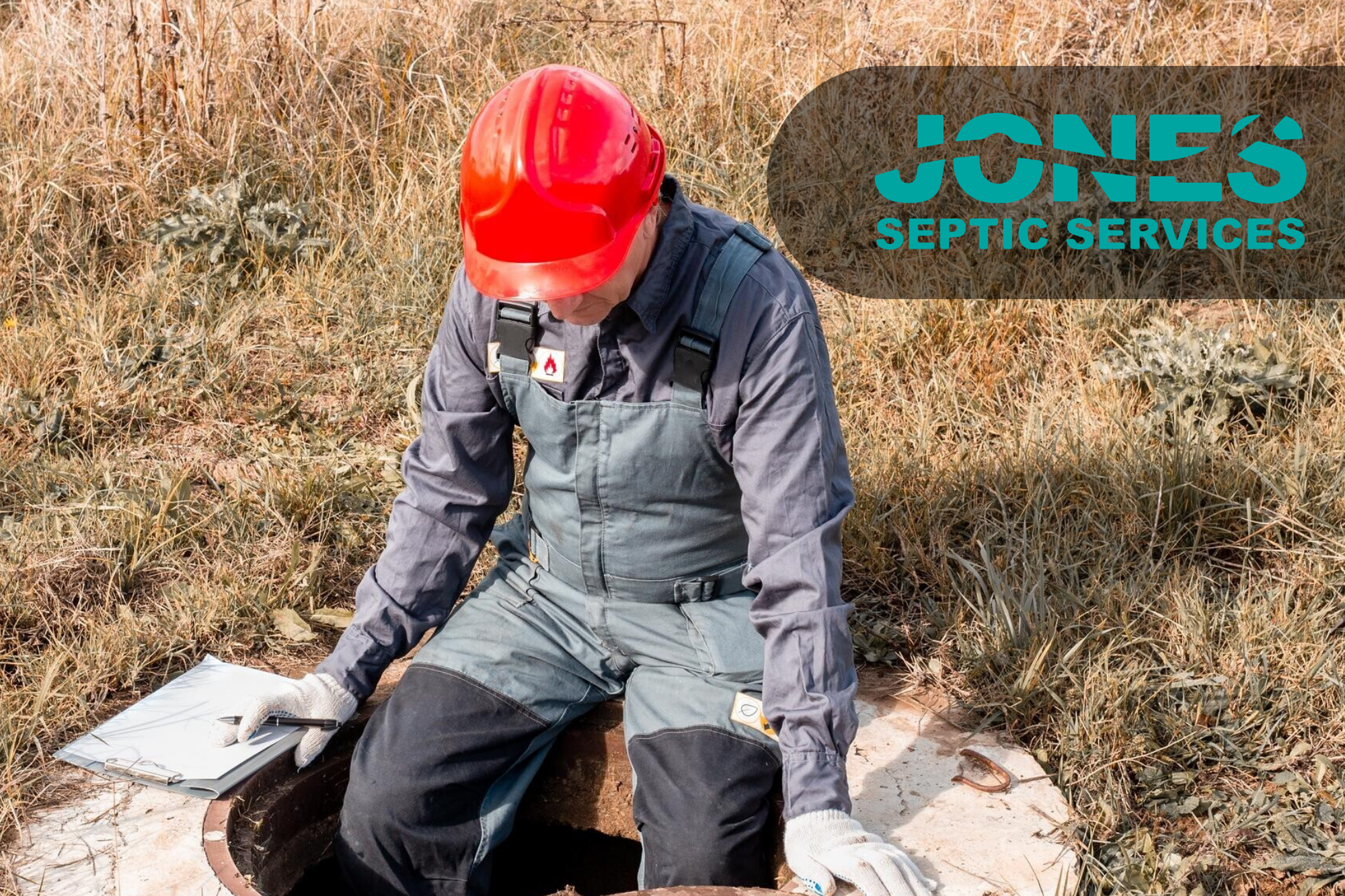Why Septic Systems Matter in Dutchess County
In Dutchess County, septic systems are essential infrastructure for properties that are not connected to municipal sewer lines. Thousands of residents and business owners depend on these systems every day to manage wastewater safely and efficiently. Without them, untreated sewage could contaminate drinking water supplies, create health hazards, and cause costly environmental damage.
From single-family homes to commercial facilities, properly functioning septic systems protect groundwater, preserve property value, and ensure compliance with local and state regulations. They also play a direct role in supporting the county’s natural resources, since many communities in Dutchess County rely on wells, aquifers, and local waterways for clean water. A malfunctioning system not only threatens a property owner’s investment but can also affect neighbors and the broader community.
But like any infrastructure, septic systems do not last forever. Even the best-designed systems have a limited lifespan. Over time, components wear out, drain fields become saturated, and tanks can develop cracks or leaks. Tree root intrusion, heavy rainfall, and changes in soil composition can further accelerate these issues. When performance declines, warning signs may include foul odors, slow drains, standing water in the yard, or sewage backups inside the home.
Property owners often face the critical question: is it better to repair the existing system or invest in a full replacement? While minor repairs can extend functionality in the short term, there are situations where replacement is the only safe and cost-effective option. For example, if the septic tank is severely damaged or the drain field has failed completely, patching the problem may only delay inevitable, and more expensive, repairs down the road.
Making the right choice requires careful consideration of system age, condition, soil performance, and long-term property plans. A system that is 25 to 30 years old may not justify frequent repairs, especially if a homeowner intends to stay on the property long-term. On the other hand, a relatively new system with localized damage might be a strong candidate for targeted repairs. Soil type, groundwater levels, and property usage also factor into the decision, since these elements directly influence how well a septic system can function over time.
For residents and businesses in Dutchess County, understanding the role septic systems play, and recognizing when professional evaluation is necessary, can make the difference between safeguarding an investment and facing unexpected emergencies.
Signs a Septic System May Need Attention
Frequent Backups or Slow Drains
Repeated clogs or slow-moving drains often indicate more than just a household plumbing issue. They may signal that the septic tank or drain field is failing. Local experts often recommend pipe snaking and cleaning to eliminate blockages, but recurring problems may point to larger structural issues.
Persistent Odors and Wet Spots
Strong odors or soggy patches in a yard near the drain field often mean wastewater is surfacing rather than filtering properly. This could suggest that the soil is oversaturated or that the drain field is nearing the end of its lifespan.
Rising Pumping Frequency
Most tanks require service every 3–5 years. If a homeowner finds themselves scheduling Dutchess County NY Septic Tank Pumping more frequently, it may mean the system is undersized, overloaded, or failing.
Failed Inspections
Routine Dutchess County NY Septic Tank Inspection is one of the most reliable ways to identify issues early. A failed inspection often brings repair requirements, but repeated failures may suggest replacement is the most cost-effective option.

When Repairs Make Sense
Not every issue with a septic system requires a complete overhaul. In many cases, repairs can restore functionality and extend the life of the system at a fraction of the cost of replacement. For property owners in Dutchess County, understanding when repairs make sense can help prevent unnecessary expenses and reduce the stress of dealing with wastewater management.
Addressing Minor Damage
Small cracks in tanks, blocked lines, or damaged baffles can often be repaired before they escalate into major failures. Professional contractors can assess the problem and recommend targeted solutions that keep the system running efficiently. For example:
- Pipe repairs and replacements can restore proper flow and prevent backups caused by blockages or collapsed sections of pipe.
- Septic tank locating and pumping can resolve overflow issues and help property owners avoid the unpleasant, and costly, effects of untreated wastewater surfacing.
- Drain field repairs and installations may extend the lifespan of an existing system by restoring the soil’s ability to filter and absorb wastewater properly.
In many situations, these types of minor interventions can prevent more severe structural damage and keep the system performing at its best.
Extending System Lifespan
Repairs can add years of functionality if the overall structure is sound. When tanks are structurally intact and the drain field has not failed completely, smaller interventions can make a big difference. Many property managers in Dutchess County choose repairs as a way to avoid the disruption of full system replacement, especially for commercial sites where downtime has financial consequences. Restaurants, apartment complexes, and office parks, for instance, often rely on timely repairs to keep operations running smoothly without impacting tenants or customers.
Cost-Effective for Mid-Life Systems
If a system is less than 20 years old and has been properly maintained, targeted repairs may restore performance without the need for major upgrades. Mid-life systems are often strong candidates for repairs, since the investment can buy an additional decade or more of use before replacement becomes necessary. For homeowners planning to sell their property in the near future, cost-effective repairs may also preserve market value without requiring the larger financial commitment of a new installation.
By addressing small problems quickly, property owners in Dutchess County can maximize the return on their original investment while protecting the health and safety of their communities.
When Replacement Is the Smarter Choice
System Age Beyond 25–30 Years
Even the most durable systems eventually wear out. A typical septic system lifespan ranges from 25–30 years depending on use, soil quality, and maintenance history. At this stage, replacement often provides a better return on investment than continual patchwork repairs.
Drain Field Failure
Once a drain field becomes saturated and unable to absorb effluent, repairs are rarely effective. Complete replacement or redesign, such as a mound system or sand filter, is usually required.
Significant Structural Damage
When inspections reveal tank collapse, severe corrosion, or widespread pipe deterioration, replacement ensures safety and compliance with environmental standards.
Meeting Modern Standards
Local regulations evolve, and older systems may not meet current environmental requirements. A full Dutchess County NY Septic Tank Installation ensures that a property complies with the New York State Department of Health septic system guidelines.
Comparing Costs: Repair vs. Replacement
For property owners in Dutchess County, the decision to repair or replace a septic system often comes down to cost. While repairs may seem appealing due to their lower price tag, long-term financial considerations often make replacement the more practical investment. Evaluating both short-term and long-term expenses can help homeowners and property managers make the most informed choice.
Short-Term Repair Costs
Repairs can range from a few hundred to several thousand dollars depending on the issue. Common fixes include replacing broken pipes, patching septic tanks, or restoring parts of the drain field. These options are often affordable in the short term and may extend the life of a system for several more years. However, repeated fixes can add up quickly, especially if the system is already nearing the end of its expected lifespan. Property owners sometimes spend thousands of dollars over a few years on repairs that only delay the need for a full replacement.
Long-Term Replacement Costs
Though upfront costs are higher, a new system provides decades of reliable service and reduces emergency expenses. Replacement eliminates the uncertainty of ongoing repairs and ensures compliance with modern health and environmental standards. For example, Dutchess County Septic Tank Repair may handle small issues effectively, but if problems persist, replacement prevents repeated service calls and rising maintenance costs. Over time, a new system typically proves more cost-efficient, particularly for families or businesses planning to remain on their property long term.
Financial Incentives for Replacement
The NYS DEC Septic Replacement Program offers funding assistance in certain cases, particularly for systems near sensitive water bodies in Dutchess County. These incentives are designed to help property owners offset the high cost of installation while protecting water quality throughout the region. Eligibility often depends on system location and proximity to lakes, rivers, or reservoirs. For many homeowners, tapping into this program not only reduces out-of-pocket costs but also ensures that their investment contributes to community-wide environmental health.
By weighing both immediate expenses and long-term financial impacts, property owners in Dutchess County can make a smarter decision about whether repair or replacement is the right path. Factoring in available financial assistance and the long-term benefits of reliability, replacement often emerges as the more cost-effective solution over time.
Choosing the Right Replacement System
When a septic system has reached the end of its lifespan or is no longer repairable, selecting the right replacement is one of the most important decisions a property owner in Dutchess County can make. The best option depends on soil type, property size, environmental regulations, and long-term usage plans. Understanding the strengths and limitations of each system type helps homeowners, property managers, and developers invest wisely.
Conventional Systems
The most common option, conventional systems are effective when soil and property conditions are favorable. These systems typically include a septic tank paired with a drain field that allows wastewater to filter naturally through the soil. When installed properly and supported by regular Dutchess County NY Septic Tank Cleaning and inspections, conventional systems can remain functional for decades. They are often the most affordable solution and are well-suited for single-family homes on lots with adequate space and well-draining soils.
Aerobic Treatment Units
These oxygen-rich systems provide advanced treatment, ideal for properties with poor soil conditions or close to water bodies. Unlike conventional systems that rely solely on passive soil absorption, aerobic treatment units use oxygen to accelerate the breakdown of waste. The result is cleaner effluent that can be discharged into less permeable soils with lower environmental impact. However, because they require electricity and more frequent monitoring, they may have higher long-term operating costs. For properties near the Hudson River, wetlands, or local watersheds, these systems often provide the compliance and environmental protection required by local codes.
Mound and Sand Filter Systems
These alternatives work well in areas with shallow bedrock, high groundwater tables, or slow-draining soils. Instead of relying on deep soil layers for filtration, mound systems elevate the drain field above ground level, while sand filter systems provide additional treatment before wastewater reaches the soil. While installation costs may be higher than those of conventional systems, they enable safe wastewater treatment where traditional systems are unsuitable. In Dutchess County, where property conditions can vary widely from one neighborhood to the next, mound and sand filter systems often make the difference between compliance and costly system failure.
Cluster Systems
In some Dutchess County developments, multiple homes or facilities share a single large system. These cluster systems are particularly efficient for planned communities, apartment complexes, or commercial developments where space is limited. By consolidating treatment, they can reduce installation costs per household and simplify oversight. However, cluster systems require clear maintenance agreements, reliable management structures, and professional oversight to ensure consistent performance. When managed correctly, they provide a sustainable long-term solution for high-density areas.
By carefully evaluating property conditions, local regulations, and budget considerations, property owners in Dutchess County can choose the right replacement system to meet both immediate needs and long-term goals.

Maintenance Strategies After Repair or Replacement
Whether a system is newly installed or recently repaired, long-term performance depends on consistent care. Even the best-designed septic systems in Dutchess County will not reach their full lifespan without proper maintenance. Homeowners, property managers, and commercial operators all benefit from adopting a proactive approach that reduces emergency costs and ensures compliance with local regulations.
The EPA’s SepticSmart Program recommends the following best practices:
- Pump tanks every 3–5 years, or more frequently for high-use properties. Regular pumping prevents solids from building up inside the tank, which can lead to clogs, backups, and even drain field failure. Properties with larger families, rental units, or heavy water use may require pumping more often.
- Inspect systems regularly to identify issues early. Annual inspections allow professionals to check for leaks, cracks, saturated drain fields, or other signs of wear before they become costly problems. For Dutchess County property owners, these inspections are especially important in areas with strict environmental protections near the Hudson River and local watersheds.
- Avoid flushing chemicals, grease, or non-biodegradable items. Household cleaners, oils, and items such as wipes or feminine hygiene products can disrupt the natural bacterial balance in the tank, causing breakdown failures and blockages. Proper disposal habits not only protect the septic system but also reduce risks of contamination.
- Protect the drain field by diverting roof runoff and avoiding vehicle traffic. Heavy water flow from gutters or surface drainage can overwhelm the soil’s absorption capacity, while parking vehicles or placing heavy objects on the drain field can compact the soil and damage underground pipes. Simple landscaping adjustments and traffic control help preserve system function.
- Keep detailed records of service, especially for commercial properties or when selling a home. Maintenance logs provide proof of compliance with local health codes and reassure potential buyers that the septic system has been properly managed. For businesses, accurate records also support operational planning and reduce liability risks.
By following these maintenance strategies, property owners in Dutchess County can significantly extend the life of their septic systems, whether repaired or newly replaced, while protecting property value, public health, and the environment. Consistent care today is the most effective way to avoid unexpected failures and ensure reliable performance for years to come.
Regional Considerations for Dutchess County Property Owners
When evaluating septic repair or replacement, property owners in Dutchess County need to consider more than just the age and condition of their systems. Regional characteristics, environmental regulations, and property usage patterns all play a role in how well a system performs and how long it lasts.
- Soil variety: Some areas have sandy soil, while others have clay-heavy ground. This affects system design and lifespan because the type of soil directly influences how well wastewater is absorbed and filtered. Sandy soil allows water to move quickly, which can increase the risk of groundwater contamination if the system is not designed properly. Clay-heavy soil, on the other hand, drains slowly and may cause pooling or system backups. For these reasons, professional soil testing and site evaluations are essential before any septic installation or major repair in Dutchess County.
- Aging infrastructure: Many older homes rely on outdated systems that may not meet today’s codes. Septic tanks installed decades ago often lack the capacity or modern components required by current health and environmental standards. Property transfers in Dutchess County frequently trigger inspections, revealing that upgrades or full replacements are necessary before a sale can proceed. This makes it especially important for homeowners to know the age and compliance status of their systems well in advance of any real estate transactions.
- Environmental protections: With proximity to the Hudson River and local watersheds, Dutchess County enforces strict rules to safeguard water quality. These regulations exist to prevent untreated wastewater from contaminating rivers, lakes, and aquifers that serve as vital drinking water sources for the region. Compliance with these environmental protections not only avoids penalties but also ensures that septic systems support long-term sustainability. Homeowners should be prepared to work with licensed contractors familiar with local requirements to ensure that any repair or replacement meets regulatory standards.
- Seasonal properties: Vacation homes require systems that can handle intermittent use without failing during dormant periods. Unlike full-time residences, these properties may experience heavy usage during summer months followed by weeks or months of inactivity. Specialized system designs, such as those with dosing controls or alternative treatment technologies, can help prevent failures that result from inconsistent flow patterns. For property owners who rent out vacation homes, reliable septic performance is also key to maintaining guest satisfaction and avoiding costly mid-season emergencies.
- Public health and safety: The CDC also underscores the importance of regular onsite wastewater treatment maintenance to protect community health. In Dutchess County, this guidance reinforces the need for consistent inspections, timely pumping, and proactive repairs. By following these best practices, property owners not only protect their investments but also contribute to the overall health and safety of their neighborhoods.
By keeping these regional considerations in mind, property owners in Dutchess County can make smarter choices about septic system repair, maintenance, and replacement, ensuring long-term reliability while protecting the environment and community health.
Key Takeaways
For Dutchess County property owners, the decision between septic repair and replacement depends on system age, condition, and long-term property goals. Every system is unique, and what works for one property may not be the best choice for another. By understanding the key factors involved, owners can make decisions that are both cost-effective and environmentally responsible.
- Repairs make sense for newer systems or when issues are minor and isolated. Addressing problems like blocked pipes, cracked baffles, or localized drain field issues can restore function and buy valuable time before larger investments are necessary. With prompt professional attention, many of these repairs prevent more serious damage and extend usability.
- Replacement is the smarter choice for older, failing, or non-compliant systems. When septic systems approach or exceed their expected lifespan, or when damage is too extensive to repair, investing in a new system often saves money and reduces risk in the long run. Modern systems also help homeowners meet updated local and state regulations while ensuring groundwater protection.
- Regular inspections and pumping extend lifespan and help property owners make informed decisions. Routine maintenance not only prevents sudden failures but also provides valuable insight into how well the system is functioning. Many issues are identified early during scheduled inspections, allowing for timely repairs instead of costly emergencies.
- Local resources and programs support homeowners in upgrading failing systems to protect both property value and environmental health. Dutchess County and New York State offer guidance, regulatory support, and in some cases financial assistance to help property owners transition to compliant and efficient septic systems. Taking advantage of these programs can make replacements more affordable while safeguarding the region’s natural resources.
By weighing these factors, homeowners, property managers, and contractors across Dutchess County can ensure septic systems continue to perform safely and effectively for years to come. Thoughtful decision-making today not only protects individual investments but also contributes to the long-term health of the community and its environment.





